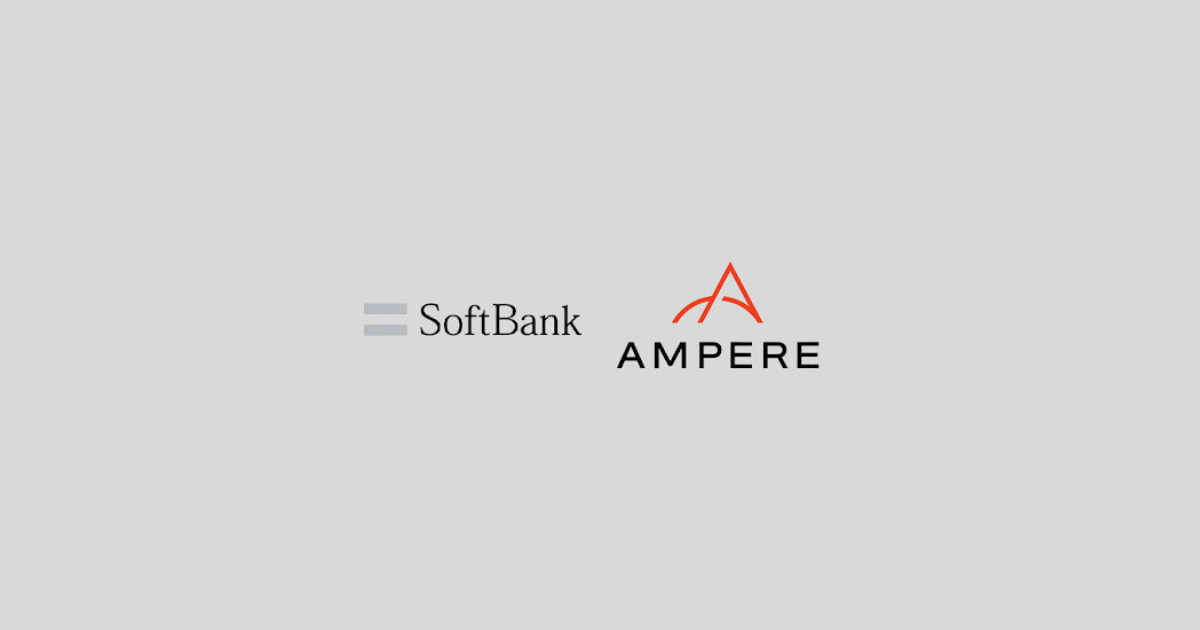SoftBank Acquires Ampere Computing for $6.5 Billion

SoftBank has announced its acquisition of semiconductor designer Ampere Computing in a $6.5 billion all-cash deal, . Ampere, founded by former Intel executive Renee James, will operate as a wholly-owned subsidiary of SoftBank, retaining its name and headquarters in Santa Clara, California.
The acquisition is expected to close in the second half of 2025. Ampere's lead investors, Carlyle and Oracle, will sell their shares in the company, with Carlyle holding a 59.65% stake and Oracle 32.27%. Ampere, known for its high-performance processors based on the ARM compute platform, counts major tech companies like Google Cloud, Microsoft Azure, and Oracle Cloud among its customers.
SoftBank's CEO, Masayoshi Son, emphasized that Ampere's expertise in semiconductors and high-performance computing will accelerate SoftBank's AI initiatives in the United States. This acquisition aligns with SoftBank's broader strategy to enhance its capabilities in AI and computing, following its recent investments in AI infrastructure projects such as Stargate and its partnership with OpenAI.
We hope you enjoyed this article.
Consider subscribing to one of our newsletters like Silicon Brief, AI Funding Brief or Daily AI Brief.
Also, consider following us on social media:
More from: Data Centers
More from: Funding
Subscribe to AI Funding Brief
Whitepaper
Stanford HAI’s 2025 AI Index Reveals Record Growth in AI Capabilities, Investment, and Regulation
The 2025 AI Index by Stanford HAI provides a comprehensive overview of the global state of artificial intelligence, highlighting significant advancements in AI capabilities, investment, and regulation. The report details improvements in AI performance, increased adoption in various sectors, and the growing global optimism towards AI, despite ongoing challenges in reasoning and trust. It serves as a critical resource for policymakers, researchers, and industry leaders to understand AI's rapid evolution and its implications.
Read more
